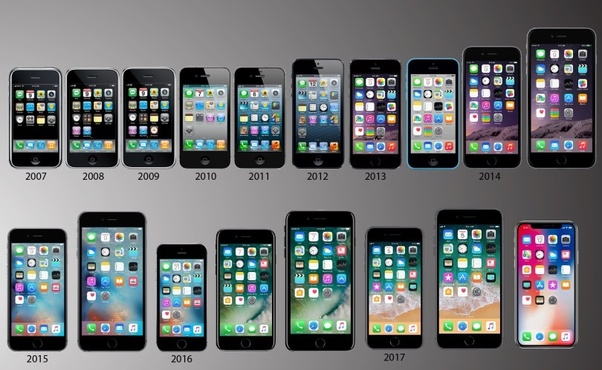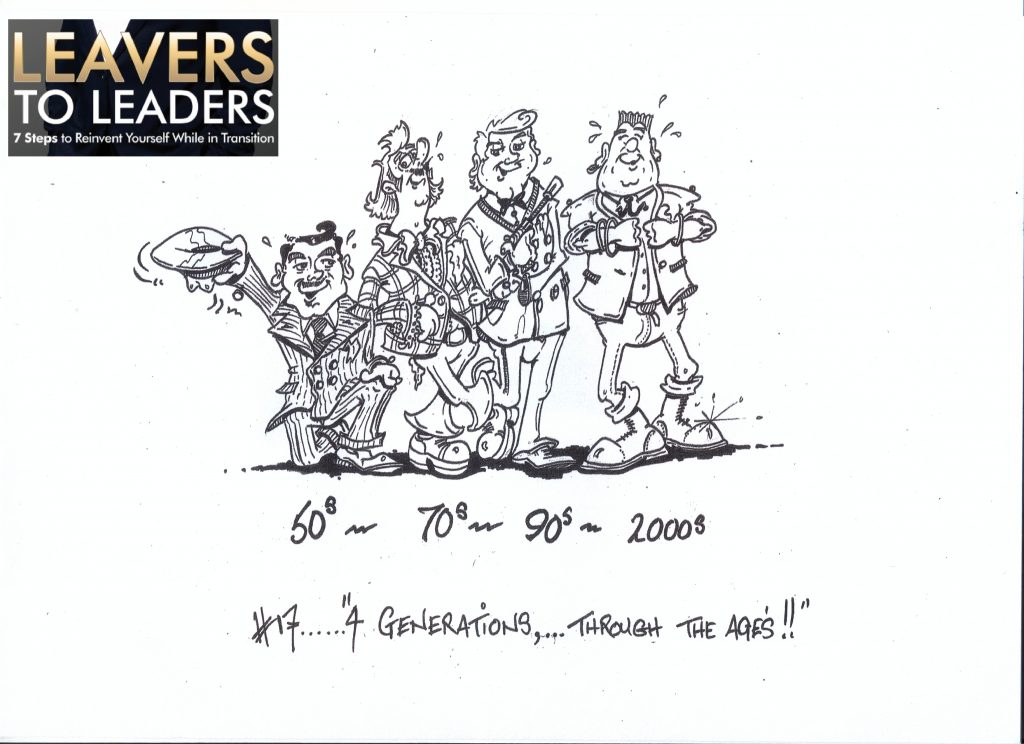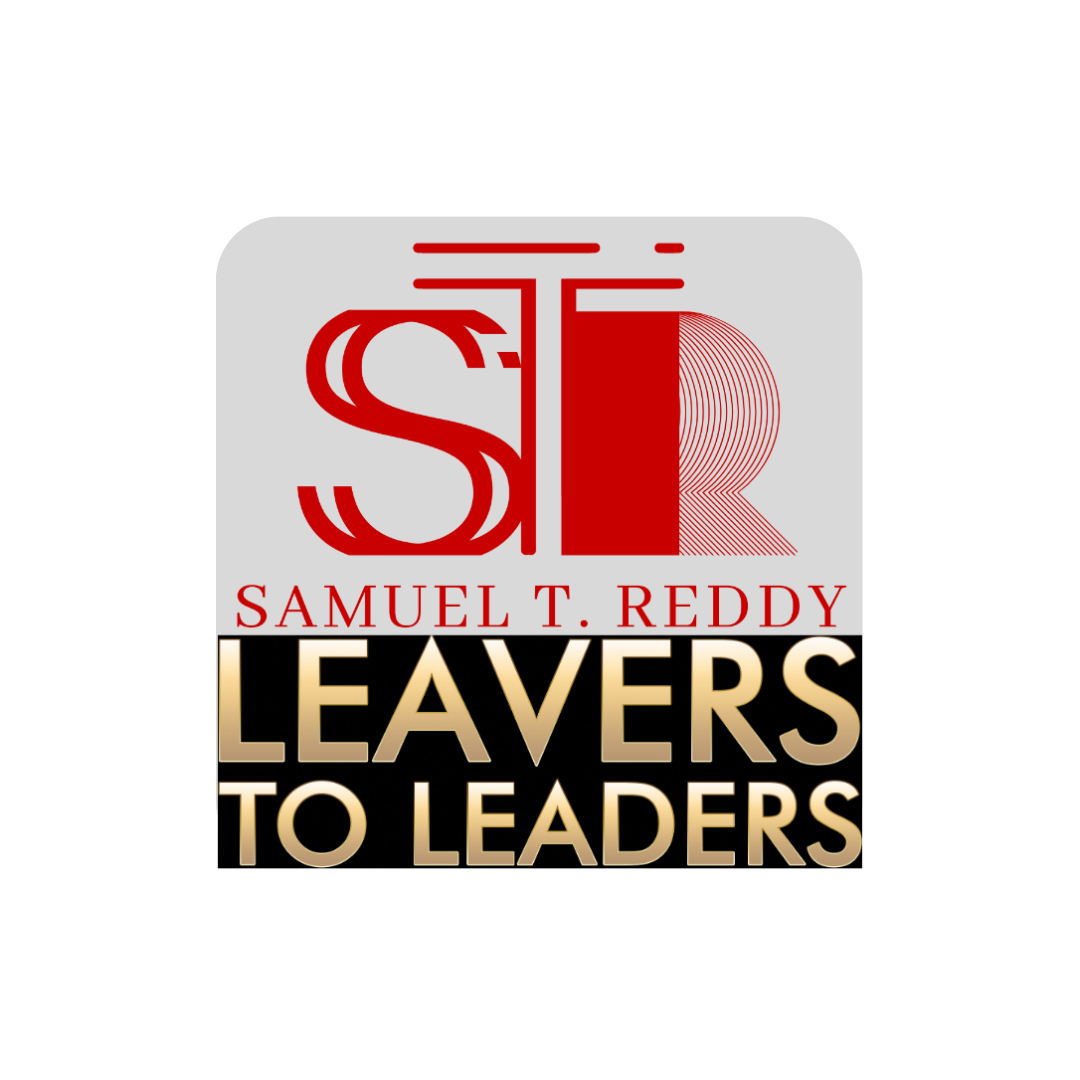
The world has changed, in the last ten years we have seen a shift in the work place. We see checkouts at the shops being automated, we have cars ready to be driverless, we have cashiers being replaced by machines, we have TV on demand and online accounting software. Five years ago the world was in a different place. The digital transformation is shaping our way of lives from banking to retail, to entertainment, to food services. Virtually every company in every industry is shifting how they engage with customers and the markets. Perhaps the three major disruptors that we can all relate to would be Uber, Airbnb and Deliveroo. Then, along came Google Chrome, and several incredible products and services have been invented. People leave an old job behind and embark on second careers for a host of reasons. Other times, starting over isn’t by choice.
If you are in the serving in the military at some point your service will end. For anyone who has been been laid off or fired, it’s a necessity to begin anew, often with lessons learned and a new wisdom that comes from experience. Other times, the work is overly demanding or just plain stressful or too rigid or inflexible. It that’s you then may be it is time to reinvent yourself like the Iphone who has continuously reinvented itself since it was first released to now the latest Iphone 8.

1. Digital transformation
It took one thousand years for the Agricultural Revolution to come to the surface. The change from an agricultural society to an industrial society based on manufacturing and chemical power was much faster. The digital age is driven by artificial intelligence and therefore it is likely to be happening more rapidly. It is just at its infancy and if you fail to perceive the great changes happening around us, it is because you do not desire to see that the future of a leader beyond 2020 is at risk if you are not prepared properly. Digital transformation means change, and for employees who have done the same things the same way for a very long time, it can mean uncertainty. Some of us will be more receptive to change than others; those of us who are considered the early adopters in our workplace should help others learn the new tool, answer questions and generate excitement.
Industry is changing rapidly, if you take a look at the travel industry, you can source any flight, cruise, hotel & accommodation online, and very soon you will be able to book all 3 on one platform. In Leavers to Leaders, we look at the far-reaching impact of the digital revolution and help you to look at the jobs which are at risk in the next 5-10 years. We can already see the collapse of the welfare state or NHS and the capacity for gig employers to supply regular jobs on demand.
The gig economy isn’t going anywhere either, so future workers can expect to earn money from various sources — often working remotely on their own or with a changing cast of characters. As we prepare for the future of work, it’s important to remember one last important point: Work will evolve, but so will workers. Generation Alpha – the next generation of employees – will want more than technological augmentation to their tasks. This is the most technologically literate generation to date, and they will expect it to be integrated into every aspect of what they do. The future of work has begun – businesses must adapt and evolve, or they will be left behind like blockbuster.

2. Overlooked
Daniela Hochfellner and Matthew M. Piszczek, and sponsored by the Sloan Foundation’s Future of Work and Working Longer Project. The research suggests bad effects on younger workers if older workers stay on the job. Their data comes from Germany – a nation with comprehensive data on firms and workers— and it shows that firms may use older workers as substitutes for younger workers. As older people delay retirement, the less experienced younger workers may not be promoted. This research could mean that while many U.S. older workers delay retirement partly because of their eroding pension security, younger workers could suffer wage loss and wage repression.
The aging workforce combined with older workers’ lack of retirement readiness may shape employment patterns and the strength of all workers’ bargaining power for all American workers, old and young. To be direct: the loss of bargaining power among older workers — because many must say “yes” to any wages, hours, and working conditions offered up — is bound to affect the rest of the labour market, meaning you could find yourself being overlooked or reach a glass ceiling.

3. Undervalued
Predominantly, we have the traditionalists who will be those born before 1945, followed by the largest generation the baby boomers, and their children, the Gen X or Generation X (those born between 1965 to 1980). This is followed by the second largest population, the Generation Y, also known as millennials, born between 1980-1990 and Generation Z, born post-1990. If you look around the workplace you will most likely identify at least the three main generations which are baby boomers, Gen X, and millennials . In the next five to ten years we will also see a shift in the workplace with more Gen Y reaching out to high or senior roles, while more Gen Z will be entering the workplace. Currently 10,000 boomers are turning 65 every day, leaving a huge gap in the workplace. Gen X, people like myself should by default be the next leaders in the workplace are actually being overtaken by the Gen Y. That’s because they are very flexible and why Gen X need more stability. Gen Y, are also very noisy and loud and able to step out of their comfort zone.
Well, each of the above generation are at different ages and were born in different conditions of time, which means they each have had a experiences, which you can attribute to how they see themselves. However, age is not the sole reason for generational behaviours, is it the ability to contribute and bring value to the wokplace and that’s why many are now feeling undervalued, specially if you a Gen X.
It’s also about the current economic, political and social conditions which we all live under that further divide the generations. The same conditions act upon people of different ages in different ways – a good example is Marc Prensky, best known as the inventor and populariser of the terms “digital native” and “digital immigrant”. Whilst everyone can send a text or download a podcast, Gen Y have been exposed to these in their formative years and so the digital language and technology is almost their first language.

Finally does the above relates to you? My next question is are you ready to leave and start leading? The L2L programme I have developed is based on the 7 steps to reinvent yourself while in transition or become a leader in your industry. You can find out more in this 5 mins test with a customised report of where you are and where you need to improve to reinvent yourself as a leader:
About me:
I am the author of Leavers To Leaders, entrepreneur and founder of TriExForces group. Leavers to Leaders is for those who want to reinvent themselves due to change in the workplace, or who want to build a new career as a leader. The 7 steps methodology highlights the Leader`s Operating System (L.O.S) to ensure that you: stand out, become visible & highly valued.

I would love to hear your thoughts and how you are reinventing or have reinvented yourself due to the above, please connect with me facebook, twitter or linked @SamuelTReddy or visit my website www.SamuelTReddy.com. You can also find out more about my latest book Leavers To Leaders on amazon.




